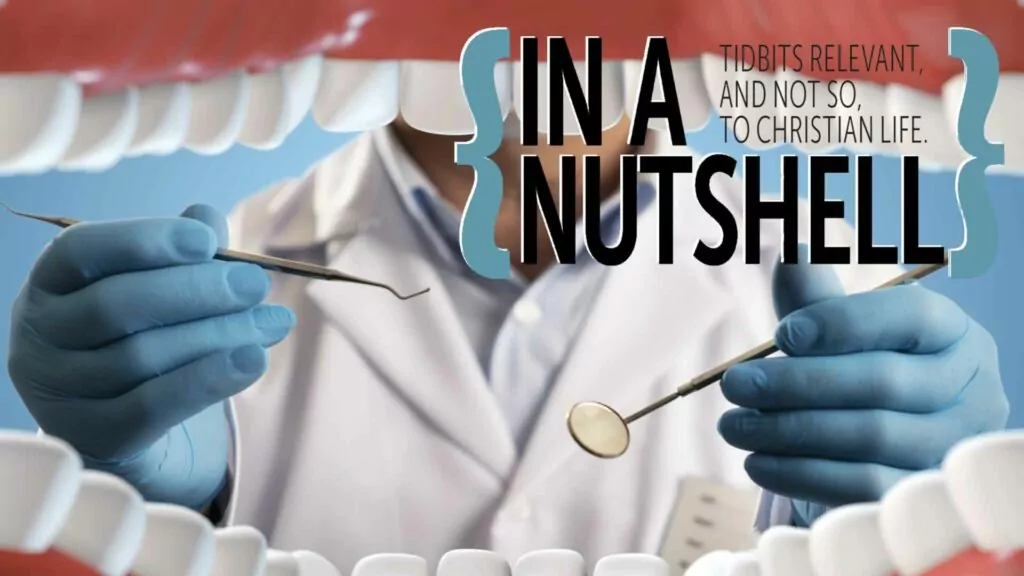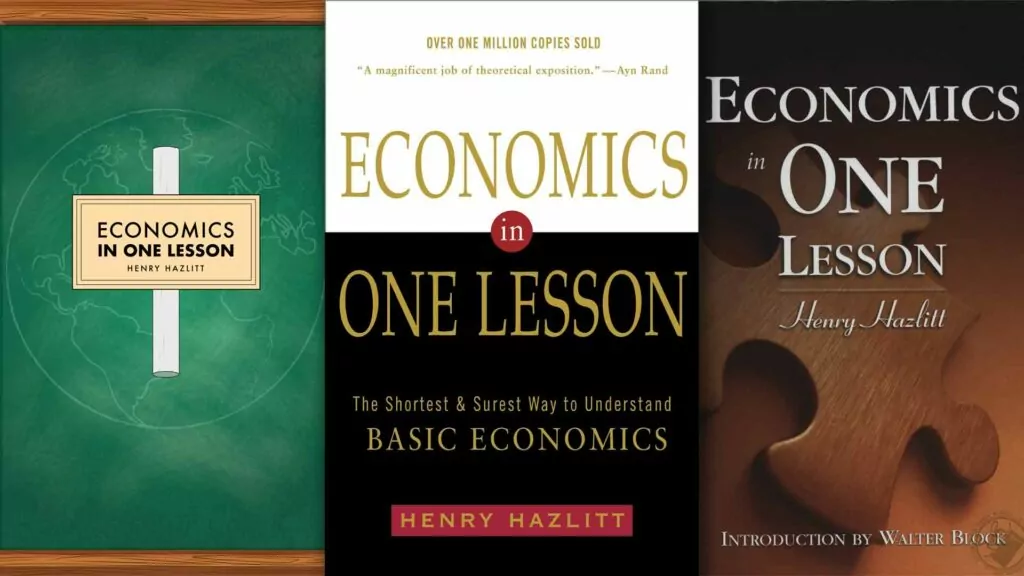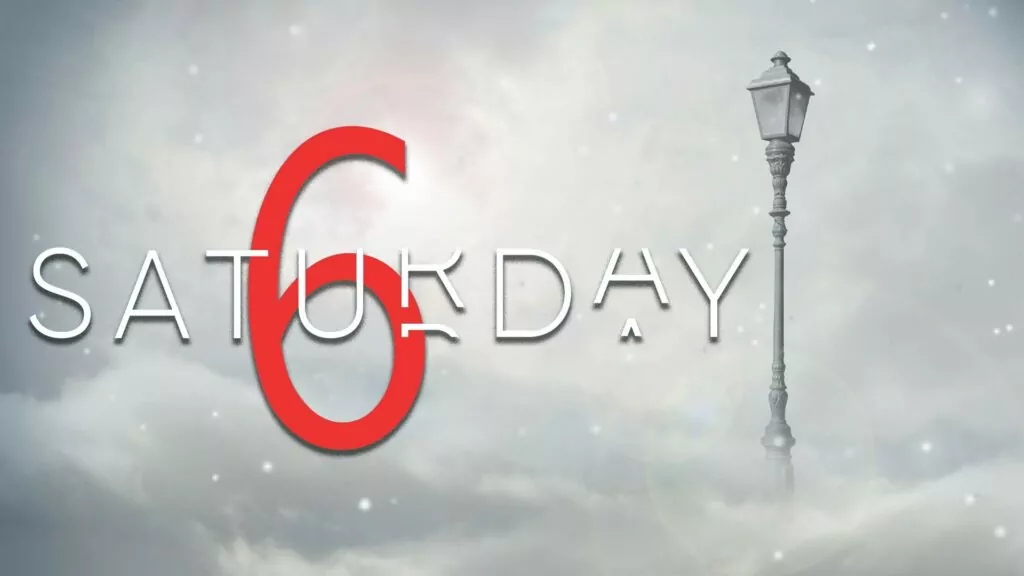The bad king that prompted the Great Charter
How Robin Hood’s nemesis Prince John was the impetus behind the Magna Carta
In this excerpt from “A Christian Citizenship Guide” by André Schutten and Michael Wagner, we go way back to the time of the fictional Robin Hood and the very real Prince John to learn about the development of the Magna Carta, which has been described as “the greatest constitutional document of all times – the foundation of the freedom of the individual against the arbitrary authority of the despot.”
*****
Once upon a time there was a king named Richard the Lionheart. He became king of England in 1189. The time before this date, in English law, is known as “time immemorial.”1 Important legal and political developments occurred in this “time out of mind” and contributed to the development of the system of law and government that we have today.2 While important and formational, those developments can’t be covered in detail here. However, we must begin the story of our constitution somewhere, and so we will begin the day after time immemorial.
Most storybooks suggest that Richard the Lionheart was a good king, but that’s really quite debatable. All we know for sure is that his brother John was worse. Richard was a military man and mainly used England to fund his military exploits. He spent all but 6 months of his 10-year reign outside of England fighting various battles and pursuing various exploits. Once, on his way back to England, King Richard was kidnapped in a German territory and held for ransom. His brother John, temporarily ruling England in his place, not only refused to pay the ransom but offered the kidnappers money to keep his brother in custody! (You get a sense of John’s character, don’t you?) King Richard eventually returned to England but died shortly thereafter and, because he had no children, his younger brother John officially took the throne in the year 1199.
King John ruled as an absolute monarch, as had most of the kings preceding him. He was the ultimate law maker and the final judge of any legal dispute, and he set himself above the law. King John was also a particularly cruel and greedy king, which is where the tales of Robin Hood come in. His excessive taxation impoverished the people and united the factions opposed to him. All sectors of society rose up: the barons, church leadership, merchants, and commoners.
Signed not just twice or thrice
In early 1215, a group of 39 barons (out of a total of 197) openly revolted against the king, with the blessing of Stephen Langton, the archbishop of Canterbury. The barons successfully took over the city of London and more barons came to their side. By midyear, King John knew he had to negotiate. And so, on the 15th day of June, 1215, in an open meadow known as Runnymede, the barons and the king signed a truce negotiated and drafted by archbishop Langton. That truce is known as the Magna Carta, or the Great Charter, and it is quite possibly the most significant legal document in the history of English law. Lord Denning, one of the greatest English judges in history, once described the Magna Carta as “the greatest constitutional document of all times – the foundation of the freedom of the individual against the arbitrary authority of the despot.”3 Lord Chief Justice Bingham wrote that “the sealing of Magna Carta was an event that changed the constitutional landscape in and, over time, the world.”4
The Magna Carta stands for the rule of law that all free men must be treated fairly and that no one is above the law, not even the king.5 By signing the Magna Carta, King John swore that he, and subsequent kings, would not be able to order the execution of his political enemies or any other citizens that displeased him without a proper criminal trial, heard by an impartial jury. Nor could he exact taxes from the people without first consulting with a council of barons (the very beginnings of a Parliament). And, often overlooked in modern political textbooks, the very first clause of the Magna Carta guaranteed the freedom and protection of the church.6 This was particularly important because King John wanted the power to appoint only those who agreed with him to be bishops of the church. The ecclesiastical leaders were known to speak out against the excesses and abuses of the king and often paid a steep price for doing so. King John’s father, King Henry II, infamously had archbishop Thomas Becket murdered inside Canterbury Cathedral in 1170 for standing up to the king on matters of church independence.
While most parts of the Magna Carta have since been replaced or repealed by subsequent statutes, the ancient Charter has enduring value. One clause still in force today is Clause 40 which states: “To no one will we sell, to no one will we deny or delay right or justice.” This clause is an expression of the principle of equality before the law, cemented into Canada’s Constitution in section 15(1) of the Charter of Rights and Freedoms 767 years later. The Canadian version reads, “Every individual is equal before and under the law and has the right to the equal protection of the law and equal benefit of the law without discrimination.”
If you’re wondering whether the Magna Carta was a particularly Christian document, the answer is, “Yes!” Not only does the Magna Carta open and close with declarations about the church’s independence from state interference (the beginnings of constitutional protections for religious freedom), but the author, archbishop Langton, was the leading churchman in all of England. His legal training in Europe was in canon law (or church law), and he applied this legal training and the scriptural principles of law to his drafting of the Magna Carta. He had “a scripturally informed conscience from which emerged truth’s uninhibited voice in Magna Carta encourages proper and good government, resulting in increased justice.”7
Unfortunately, the signing of the Magna Carta didn’t restrain King John’s excesses all that long. Three months after signing it, the devious king had it annulled by the pope, and England was plunged into bloody civil war. But thankfully (for the English people anyway), King John died the next year from excessive diarrhea8 and the war came to an end.
The Magna Carta did not die with King John. John’s nine-year-old son Henry III became king and reigned for the next 56 years. With the advisors and supporters of the young king seeking stability and an end to the civil war, the Magna Carta was reinstated in 1216. And when Henry reached adulthood in 1227, he reissued the Magna Carta again as law, though a shorter version of it, in exchange for the barons’ consent to a new tax. In 1253, in exchange for another tax to fund his battles in France, King Henry III swore on pain of excommunication “and stinking in hell” to uphold the Magna Carta.9 A decade later he broke his oath, imposing yet another tax, which sparked a rebellion known as the Second Barons’ War. That war concluded in 1267 with a peace treaty that required King Henry III to reaffirm the Magna Carta yet again (if you’re counting, that’s the fourth time).10
The development of the Parliaments
King Henry III eventually died in 1272, and his son Edward I became king. Edward I (a.k.a. Edward Longshanks, because he was quite tall) did much good from a constitutional perspective, despite his depiction as a particularly cruel and cold-hearted English king in the Mel Gibson movie Braveheart. Edward I instituted a major review of political corruption and the abuse of power by citizens who held substantial power. In 1275, he passed The First Statute of Westminster to put on paper many of the existing laws in the country. He also worked to strengthen the policing system and restore public order.
One of King Edward’s biggest contributions is that he initiated the first official Parliaments in England, calling about 46 Parliaments in his reign. The first Parliament, in 1275, included members of the nobility, clergy, and the election of two county representatives and two representatives from the towns or cities to attend.11 Twenty years later, this form of representative parliament became standard practice, known as the Model Parliament, and all future Parliaments, including Canada’s, are based on it. The nobility and clergy make up the House of Lords (comparable to Canada’s Senate), and the elected representatives of counties or towns make up the House of the Commoners (or House of Commons). Importantly, before the king could increase taxes, he had to gain approval from Parliament.
Parliament was also a check on the absolute authority of the king in other respects. After another dispute over taxes between the king and Parliament between 1294 and 1297, the Magna Carta was amended and passed by Parliament as a statute for the first time and signed into law by King Edward I. This 1297 version of the Magna Carta is the officially recognized legal text in English law today and remains a part of the constitutions of Britain and Canada. Over the next one hundred years, Parliament continued to pass statutes (known later as the Six Statutes12) that clarified and expanded on sections of the Magna Carta, constantly working to restrain by law the otherwise unlimited power of the monarch. These statutes ensured that any action taken against a subject, whether taxes, fines, evictions, imprisonment, or execution, had to be done by trial or due process of the law and not at the whim of the king or his officials. Some of these constitutional principles developed in the 1300s13 are enshrined in the Canadian Charter of Rights and Freedoms.14
The passing of the Magna Carta as a statute in Parliament marks a significant shift in the understanding of the power and authority of kings. The kings from the Norman Conquest (William the Conqueror in 1066) until the establishment of Parliaments believed “they ruled by means of their force and will (vis et voluntas), not by the grace of God or legal right.”15 Most people accepted this at the time, but cultural developments shifted toward “the principle of the supremacy of law.”16 The law was no longer a tool used by the king to get his way; rather the king himself was bound by the law and under the law. This shift did not happen by accident. Many of the legal rules and procedures that developed around this time were adapted from canon law (church law) which the king’s lawyers would have studied in the universities, which were also run by the churches. In the canon law tradition, “the idea that the rule of law was antithetical to the rule of men lay dormant.”17
To read the rest of the story, order a copy of André Schutten and Michael Wagner’s “A Christian Citizenship Guide” available for a suggested donation of $25. Email [email protected] or visit arpacanada.ca/CitizenshipGuide. Watch a conversation between the two authors below.
Footnotes
1. “A time out of mind” or “time immemorial” refers to a point beyond which legal authorities believed it was impossible to speak with certainty. See Ryan Alford, Seven Absolute Rights: Recovering the Historical Foundations of Canada’s Rule of Law (McGill-Queen’s University Press, 2020), pp. 79-80.
2. This includes the Law Code developed by King Alfred the Great (r. 871-899) which incorporated the 10 commandments into the laws of England, the tradition of the coronation oaths of the Anglo-Saxon kings, the Norman Invasion of 1066 led by William the Conqueror and the Charter of liberties his son King Henry I (r. 1100-1135) instituted.
3. Danny Danziger & John Gillingham, 1215: The Year of the Magna Carta (London: Hodder and Stoughton, 2004), at p. 278.
4. Tom Bingham, The Rule of Law (Penguin Books, 2011), at p. 11.
5. Clause 39, still in force today, states: “No free man shall be arrested, or imprisoned, or deprived of his property, or outlawed, or exiled, or in any way destroyed, nor shall we go against him or send against him, unless by the legal judgment of his peers, or by the law of the land.” The only other clauses still in force today are Clause 1, which guarantees the freedom of the church, and clause 13 (renumbered clause 9 in Magna Carta, 1297), which guarantees the ancient liberties of the City of London.
6. The first clause reads in part: “First, that we have granted to God, and by this present Charter have confirmed for us and our heirs in perpetuity, that the English Church shall be free, and shall have its rights undiminished, and its liberties unimpaired.”
7. Brent Winters, Excellence of the Common Law (2008: self-published), p. 554, note 1383.
8. We are not 100% sure, but this may be why toilets are called “johns”. Some observe that, because King John was so despised, no king has ever been named after him. There has only ever been one King John, and he was bad enough.
9. Alford, Seven Absolute Rights, note 2, at p. 84
10. The Magna Carta was reconfirmed by various kings dozens of times, having last been confirmed by Henry VI in 1423. Ben Johnson, “The History of the Magna Carta,” Historic UK: The History and Heritage Accommodation Guide, online
11. Some might argue that King Edward’s father, King Henry III, instituted the first Parliaments. However, those earlier assemblies were more a collection of barons as advisors than a Parliament. Henry III did issue the first summons of parliamentum generalissimum to 24 barons to convene in January 1237, though only 18 attended. This evolved over time into the House of Lords. King Edward I was the first to have elected representatives from the towns and counties to attend. Those elected representatives evolved into the House of Commons.
12. See discussion on the Six Statutes in Alford, Seven Absolute Rights, note 2, at pp. 885-88.
13. These principles were developed by Parliament in the 1300s but are borrowed from canon law developed in the 1200s. For example, Pope Innocent III maintained that “a prince could not abolish the judicial process or ignore an action, because he was bound by natural law to render justice.” See Alford, Seven Absolute Rights, note 2, at p. 89.
14. These rights include the right not to be arbitrarily detained (s. 9 of the Charter), the right to a fair trial (s.11(d) of the Charter) and a trial by jury in serious offences (s.11(f) of the Charter).
15. Alford, Seven Absolute Rights, note 2, at p. 87. Alford further explains, “The expression of royal anger and ill will (ira et malevolentia) was integral to royal status. Vassals had to accept the possibility of their destruction at the king’s hands as a fact of life.”
16. Alford, Seven Absolute Rights, note 2, at p. 88.
17. Alford, Seven Absolute Rights, note 2, at p. 88....































